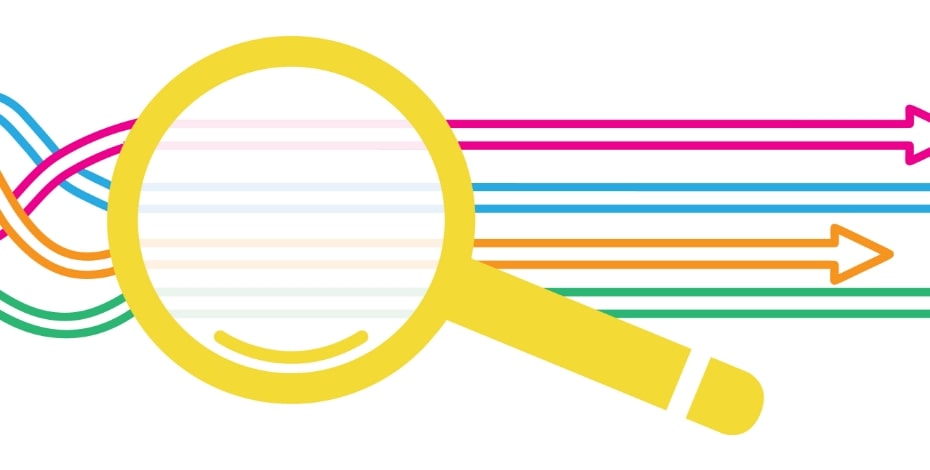
Standing up for equality and pelvic health

AUSTRALIAN COLLEGE OF PHYSIOTHERAPISTS A passion for gender equality led Alexandra Diggles first to physiotherapy, then to titling and specialisation.
Alexandra Diggles FACP was five when her family moved to Pakistan for 12 months to live in Quetta, on the border of Afghanistan.
She vividly remembers that it fired her interest in social justice and equity.
‘My dad was in the army and our family joined him on the posting.
‘It was an eye-opening experience after living in middle-class Brisbane.
‘Women couldn’t get jobs—only as a housekeeper—my mum couldn’t open a bank account.
‘That never sat well with me, even as a five-year-old,’ says the Specialist Women’s, Men’s and Pelvic Health Physiotherapist (as awarded by the Australian College of Physiotherapists in 2023).
‘It fuelled my sense of social change.
‘Never being one to shy from a challenge, I wanted to go and work in the random places, in the backwaters of the world, to focus on women’s health and gender health and really bring about equity in any population.’
To achieve this, Alexandra’s envisioned pathway was initially to study science and then medicine.
‘I never wanted to be a physio—physiotherapy wasn’t a profession I knew much about—but the undergraduate course appealed to me because it had a diverse range of employment opportunities and I thought it would be a good fit in the short term.
‘During my undergraduate degree, it became clear that physiotherapy presented opportunities to work in complex environments and I could see the challenge.
‘I loved my burns and ICU placement at the Royal Brisbane and Women’s Hospital.’
After she graduated from the University of Queensland in 2005 and then undertook a Master of Public Health at the same institution in 2011, Alexandra’s interest in the profession and thirst for knowledge quickly gathered momentum.
Her first job was at Brisbane’s Mater Private Hospital with Active Rehabilitation Physiotherapy.
‘I am forever grateful for this first role and the mentorship I received.
‘I started on the inpatient wards, working in general surgical and gynaecology.
‘As a new physiotherapist, with all this new knowledge, I was keen for everyone to receive the best rehab and recovery.
‘What I found was that ongoing care and recovery were limited for women and that surgery seemed to be a broad brush for different conditions.
‘I remember being two years out and wanting to travel to Newcastle to undertake a women’s health training course.
‘There were few available at the time.
‘Following this course, I found a whole new area that stoked my internal drivers, an area of practice including complex presentations and powerful management options that had a long-term impact on the quality of people’s lives.’
After a number of years spent practising in a hospital and in public and private clinics, Alexandra opened her practice, Pelviology, in Brisbane in early 2020.
It provides pelvic health physiotherapy for women, men and adolescents.
Alexandra has an ethos that everyone can achieve through working together and is proactive about helping peers to find their passion and ‘reach for more’.
She is a clinical educator and guest lecturer for Australian Catholic University, has been the chair of Queensland Pelvic Pain Network since 2021, is a registered board member of the Pelvic Pain Foundation of Australia and is a member of the Royal Australian and New Zealand College of Obstetricians and Gynaecologists Expert Endometriosis Working Group.
Alexandra was awarded Specialisation in Women’s, Men’s and Pelvic Health Physiotherapy in 2023, having achieved the Titling credential for this field of practice in 2017 and for pain in 2019.
Other career highlights include presenting her first clinical case study at the Continence Foundation of Australia’s national conference in 2014.
‘I am not a researcher but we can all contribute to clinical research.
‘Another highlight, on the back of the recent excitement about female sport, is that I was privileged to be able to support the return-to-football journey for Matildas player Katrina Gorry, now a household name.
‘My passion for gender equality, including for LGBTQIA+ communities, makes me excited that I can work towards a greater focus on pelvic health in mainstream areas, including sport.
‘I haven’t won any big awards but moments I hold dear are celebrating 10 years at Active Rehabilitation Physiotherapy, moving from new graduate to senior roles and being offered roles in multidisciplinary networks and organisations that align with my value of health promotion.’
Seeing the benefits of ‘thinking broadly’, Alexandra attends myriad neurological, cardiorespiratory, medical and pelvic health events, conferences and courses to learn and upskill.
‘There is always a little tendril that can be applied no matter which area you work in,’ she says.
‘Learning can only come from reflection and being open to different perspectives, refining and identifying areas for further knowledge.
‘I felt that tilting and then specialisation was a way to support this journey.’
Alexandra encourages peers to undertake titling and specialisation for recognition within the profession and in the broader health arena.
‘We need physios to know what titling and specialisation are.
‘We need them to know that they are achievable and that they leave you with more opportunities, a greater depth of knowledge and a higher level of thinking.
‘Titling moved my thinking from the immediate appointment to a management planning focus; I could redirect faster and take a team approach more effectively.
‘Because I have a passion for learning, I was still attending courses, networking and reviewing literature in relation to clinical cases.
‘Specialisation gave me more structure for my self-directed learning, through a clinical pathway as opposed to a PhD.
‘I think both challenge you to review where you’re at with your knowledge, biases and level of thinking.’
A defining moment in her specialisation training program came when she attended the Women in Sport Congress in Melbourne in 2022 and heard leaders in research and governance advocating for change in women’s sport.
‘Dr Kate Ackerman—a sports medicine physician and endocrinologist and the medical director of the Female Athlete Program in the Sports Medicine Division at Boston Children’s Hospital—talked about the challenges she faced as a woman trying to change the narrative about gender health and sport.
‘One thing I took away from her speech is that we can all do our part—“Stand up, show up and do the work.”
‘If you want to see change, then be part of it.
‘I believe that part of that is being a specialist so other people can see it.’
© Copyright 2025 by Australian Physiotherapy Association. All rights reserved.





